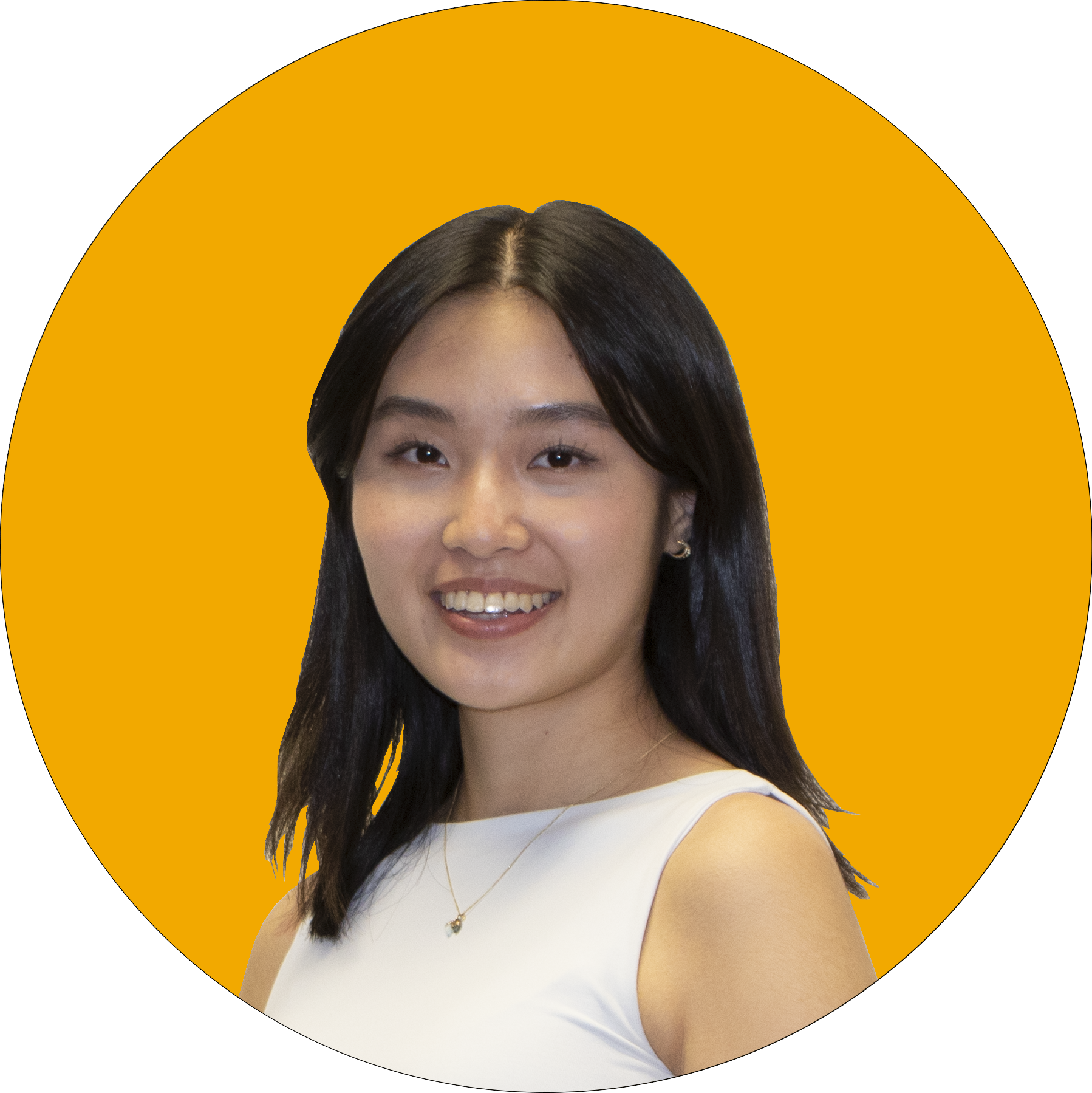Sil sit-down with Zeinab Khawaja
C/O Zeinab Khawaja
Health Promoter Zeinab Khawaja on peer support and healing through community
The Silhouette sat down with McMaster University alumna and Health Promoter at the Student Wellness Centre Zeinab Khawaja to discuss her work in mental health, student support and the power of sharing stories with a community.
Born in Pakistan and raised mostly in Kuwait, Khawaja moved to Canada for university in 2013 to pursue a bachelor of health sciences at McMaster University. At the time, her goal was to follow her father’s footsteps and pursue medical school. However, she soon realized the pressure and competition involved in getting into one did not align with her values and interests.
Instead, with guidance and mentorship from her facilitator and instructor in the program, Khawaja discovered her passion for mental health. Her experiences volunteering with the McMaster Students Union Peer Support Line also reaffirmed her desire to work in the field of mental health and mental well-being.
The MSU Peer Support Line is no longer in operation. However, it used to serve as a help call and chat line for students to speak with trained student volunteers. The experience taught Khawaja about how to respond to disclosures and the immense difference validation and sharing stories can make, especially in a safe space with people with shared experiences.
“It was actually really powerful for me to be on the other end, whether I was answering those calls or debriefing with other volunteers, just to realize how many students are feeling lonely, overwhelmed and not good enough and recognizing how common that is. But we all think it’s just us and realizing this was life changing for me,”
Zeinab Khawaja
In her current position as a Health Promoter, Khawaja facilitates drop-in groups for students with various experiences. They include Stress Less, which explores stress and anxiety and Meet Your Neighbours which helps connect international McMaster students.
Embracing Gender Diversity is one the latest groups she is co-facilitating with Simone Gomez, a counselor specializing in gender-affirming care. It is running from Jan. 24 to Apr. 4 in a biweekly Zoom format and aims to explore gender identity and connect gender-diverse and gender-questioning individuals.
Khawaja herself identifies as queer and has been exploring and questioning her own gender identity for some time so she was excited to facilitate conversation on gender and sexuality through the SWC.
“Something that came up from conversations with counselors who work with gender diverse folks as well as friends, my own lived experiences and talking to students in different capacities was this need for a space where you can explore certain concepts and experiences and just make connections with other gender diverse folks,” said Khawaja.
Embracing Gender Diversity came about in response to the fact many folks find it difficult to meet others, especially during the pandemic. However, even prior to the pandemic, Khawaja recognized many people felt intimidated to walk into a space or reach out. Many also struggled to make connections with other queer and gender diverse folks.
In the first Embracing Gender Diversity session on Jan. 24, the group discussed navigating labels and pronouns and the pressure many feel to have their labels and pronouns all figured out before sharing them with others.
“That’s a common feeling a lot of folks, as well as myself, have experienced and so we unpacked that a little bit and realized maybe that’s not necessary. It’s okay to give people draft versions of our progress and have people join us on that journey rather than feeling like I need to have it polished before I can bring my friends and community in,”
Zeinab Khawaja
In the upcoming weeks, conversation will focus on body image and gender expression, romantic relationships, family and society, self-compassion and vulnerability and resilience, among others. All humans need connection and the sessions aim to promote healing and empowerment through these confidential, safe space discussions.
“We are social creatures . . . We heal through community. We heal through feeling not alone in our problems and struggles. When you feel like it’s me versus the world and it’s the weight of the world on my shoulders and I’m solely responsible for making sure everything is okay, that’s immensely distressing and sometimes even just having people we can confide our stressors in can be hugely healing,” explained Khawaja.
Connection is extremely powerful. The impact of knowing you are not alone and being able to relate feelings and similar experiences with others is profound.
“Recognizing that other people have the same struggles, that I’m not alone, I’m not weird for feeling this, there is nothing wrong with me or bad about me or broken about me for struggling with this or not being sure about this and realizing there’s other people who have similar experiences you can connect to is so powerful for folks, especially young people and students,” said Khawaja.
Registration and additional information about the virtual sessions facilitated by Khawaja can be found on the SWC website. Additionally, you can learn more about Khawaja and her story of finding courage to reach out for support in her Bounce at McMaster episode.


